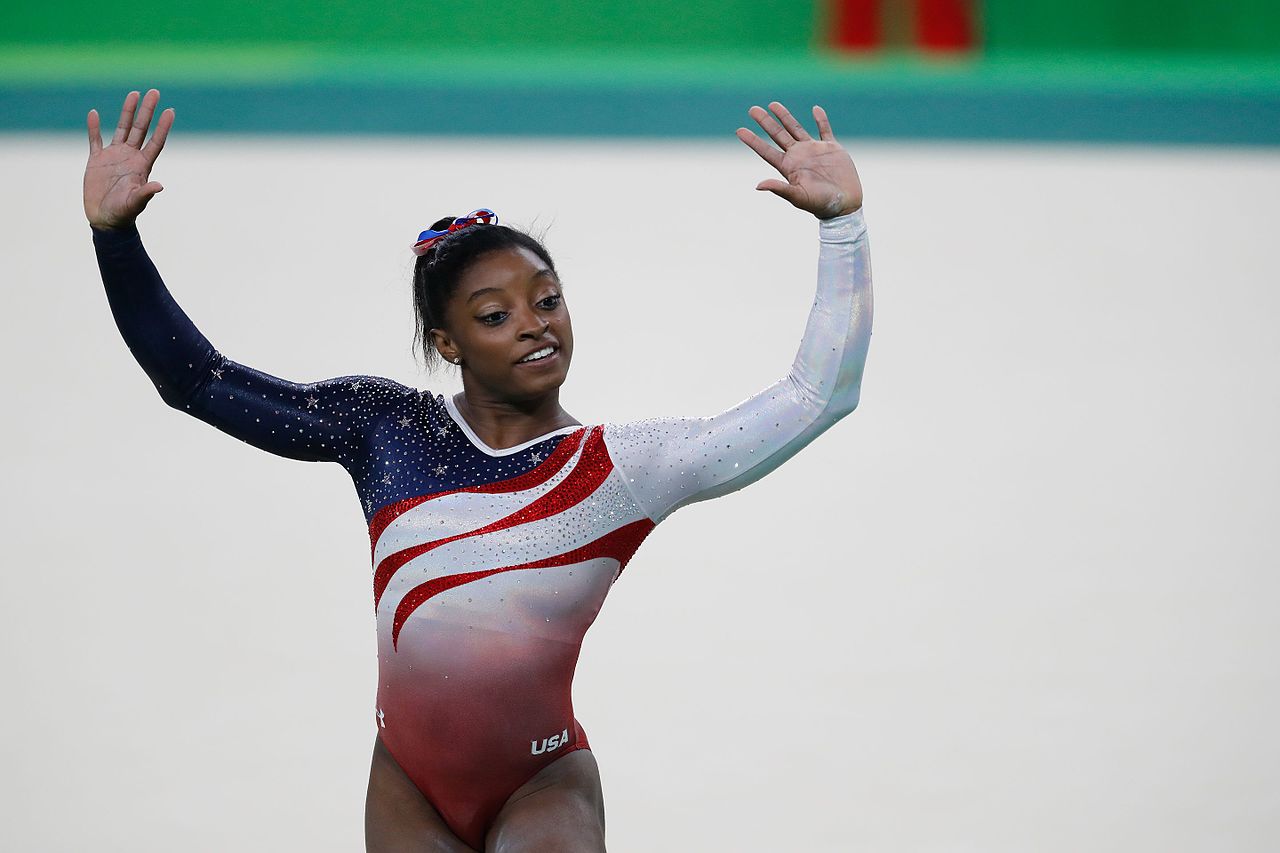No: Simone Biles’ critics in the sports world don’t understand today’s athletes. Sports critics don’t “understand” anyone: They judge athletic performances.

For those following the Olympics- though admittedly, there aren’t many- the shocking sudden withdrawal of superstar gymnast Simone Biles from competition this week threw cold water on an already tepid games.
Plagued by COVID-19, all-around low interest, controversial politicking, a lack of fans in attendance, and a number of other issues, the loss of such an exiting performer as Biles hit fans hard.
Biles, who cited mental health concerns among other issues for the decision, has mostly enjoyed an outpouring of support since, and isn’t likely to sit long on the sidelines in any case. There were of course some- in the sports world and fans of the Olympics- who have been critical of Biles, and her controversial decision to leave the U.S. women’s gymnastics team to its fate, sans its most dynamic member.
Support of Biles is good; but criticism of her is ok, too. She is a professional athlete, after all, the best of the best; subjecting herself to critiques of her performances, and lack thereof, is part of the job.
As others have pointed out, demanding Biles be shielded from criticism is backwards; the soft bigotry of low expectations. To imply that Biles’ critics in the sports world don’t understand “today’s athletes” and therefore have no business criticizing them is coddling where no coddling is needed.
This is the Olympics; not a kids t-ball team where everyone gets a participation trophy and pizza afterward.
We can all have great compassion for Simone Biles without blaming sports critics for being disappointed in her performance. It isn’t the job of sports critics and Olympic judges to understand the personal struggles of elite athletes- sports critics aren’t social workers and Olympic athletes aren’t troubled teens.
Sports critics and Olympic judges don’t award medals for being virtuous, having great mental health, good intentions, needing it most, or being the most deserving.
They are only going to judge one thing, the only thing they can judge: Performance.
Olympic feats of physicality and skill are meant to stun, to astound, and most of all, to inspire us.
Sport is a divine, universal human language. People from all walks of life, and as many disparate backgrounds, of every imaginable skin-tone and religious affiliation, can meet in a game of soccer, though it is known in most parts as football.
The smiles are the same, the high-fives are the same. The thrill of victory, the bitterness of defeat; the ecstatic pride of the clutch player and the agonized disappointment of the choke artist.
It is the job of sports critics and judges to understand how important sports are to our humanity and to demand the best from the world’s elite athletes. Whether you like sports or not, plenty of people around the world find athletics a harmless, enjoyable, relaxing pastime which helps them connect to the community around them and the world at large.
It is the responsibility of the judges to understand what humanity loses if we fail to hold aspirants, and ourselves, to a standard of unparalleled excellence in Olympic athletes.
Simone Biles is an Olympian, a champion, a lion, a survivor, a gold-medalist, an elite athlete and a sports legend. For a boost, watch:
Or this one:
When she comes roaring back, don’t call it a comeback; Simone Biles has been here for years, in the gym, day after day, training with a level of mental toughness most of us can only dream about. She has endured and persisted through things that would make many give up. She isn’t going anywhere, and she doesn’t need sports journalists to make excuses for her- or to be so disrespectful as to assume Biles can’t take criticism or that she didn’t expect some after what must have been a difficult decision.
A personal decision.
She did not ask for the press to infantilize her, or use her as a political football. She asked for space.
(contributing writer, Brooke Bell)